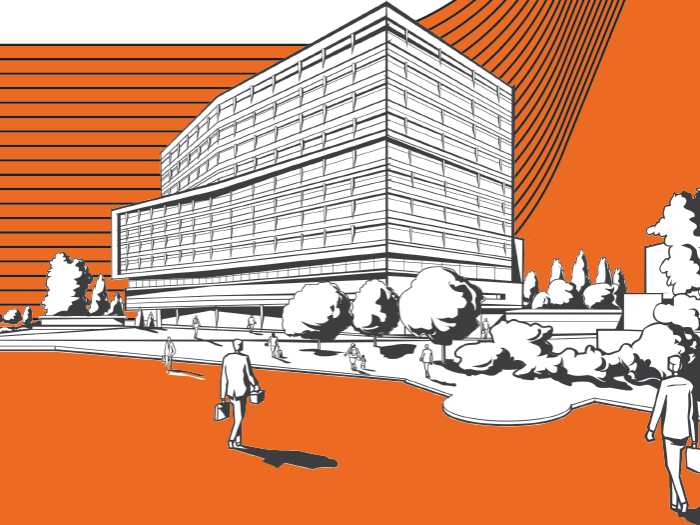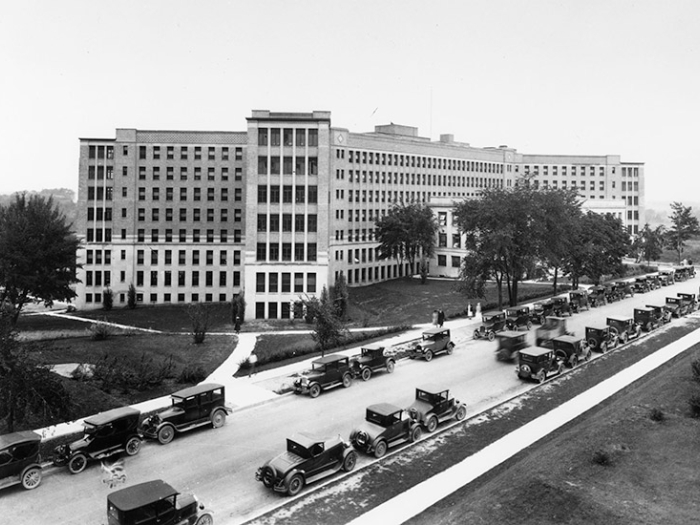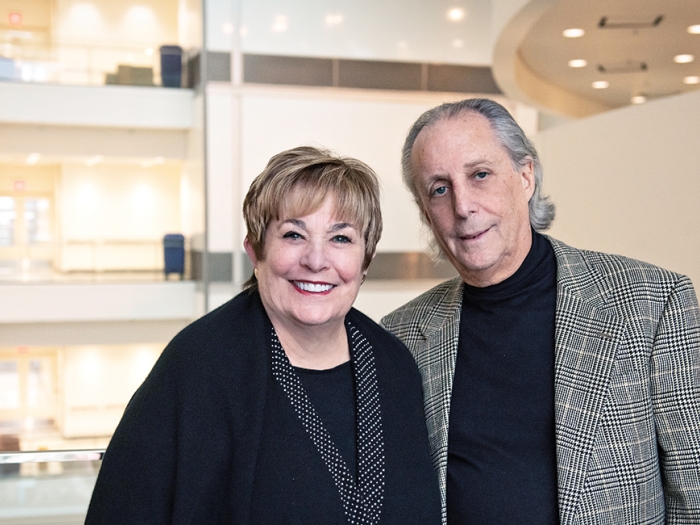Last fall, we experienced a significant milestone at Michigan Medicine that we anticipate will be a game changer in how we care for our patients in the future. After multiple years of planning, we began construction on "the Hospital of the Future."
We use that terminology because we believe this facility will enable us to truly redefine patient care in the next decade and beyond. This new facility, which will take four years to build, will be state-of-the-art with ICU-capable beds in each patient room, and the most progressive operating rooms and interventional radiology suites. It will have space for families to engage with the care teams and be an integral part of the healing process. Our goal is to provide the most complex care for the highest acuity cardiovascular, neurosurgery, and neurology patients across the state of Michigan, and across the country.
As tremendous as this hospital will be, it will also enable something far less tangible — it will enable possibilities. We have great expertise in many complementary disciplines, and the opportunity to bring these together, co-located in a facility designed to optimize cross-functional collaboration, is powerful. That is when magic happens. Discussions about patient issues will be initiated, theories and "what if" questions will be raised, and innovations will take shape. Because Michigan Medicine is a research institute as well as a health care system, our providers can test potential answers to those "what if" questions. They can conduct the discovery research that may lead to new therapies, better ways to manage patients, and more effective treatments. As a result, we will save more lives and improve patients' quality of life.
While we anticipate this new hospital will lead to the most cutting-edge care, it will also facilitate a new level of cutting-edge research. We've seen proof that facilities can be instrumental in achieving collaborations and progress that would never have happened otherwise. Our North Campus Research Complex (NCRC) is a prime example of this.
A decade ago, we purchased this property with the somewhat controversial notion that it had the potential to become a robust, unique hub for researchers across the entire university, along with partner entrepreneurs and private investors. Indeed, over the years, as faculty and support staff moved to NCRC, groups like the Institute for Healthcare Policy and Innovation (IHPI) began to form and evolve, and today IHPI is the nation's leading university-based institute of health services and policy research. The Michigan Center for Integrative Research in Critical Care has a similar story, and is now one of the top programs in the country to integrate critical care specialists with medical, engineering, and other schools across campus.
We know that pushing the envelope in health care requires that we continually fuel the discovery research pipeline and translational research. Over the last decade, we've done some amazing things at NCRC and will support continuing these efforts far into the future.
I'm hopeful that, in the next decade, our hospital of the future will enable equally awe-inspiring and life-changing research and patient care.
Marschall S. Runge, M.D., Ph.D.
Dean, Medical School
Executive Vice President for Medical Affairs, U-M CEO, Michigan Medicine
Member of the Board of Directors, Eli Lilly and Co.





